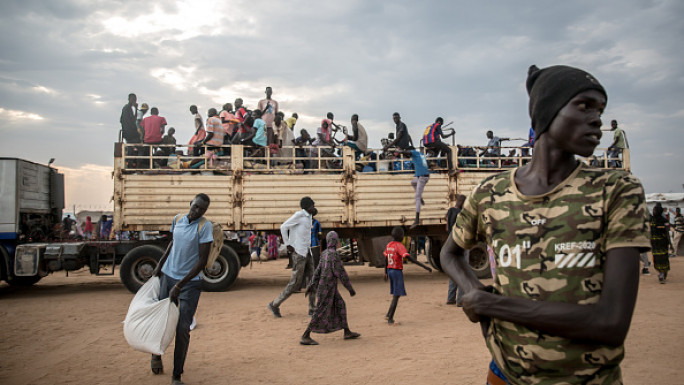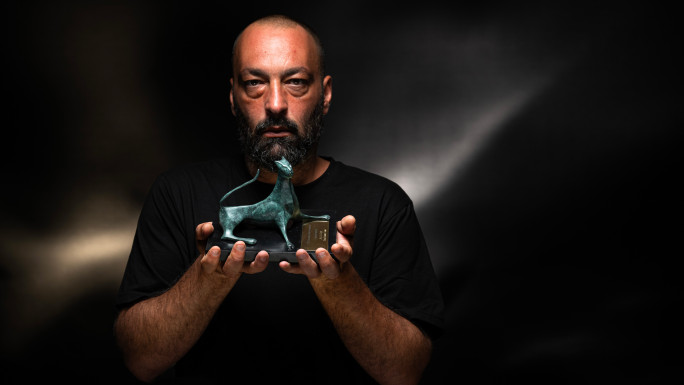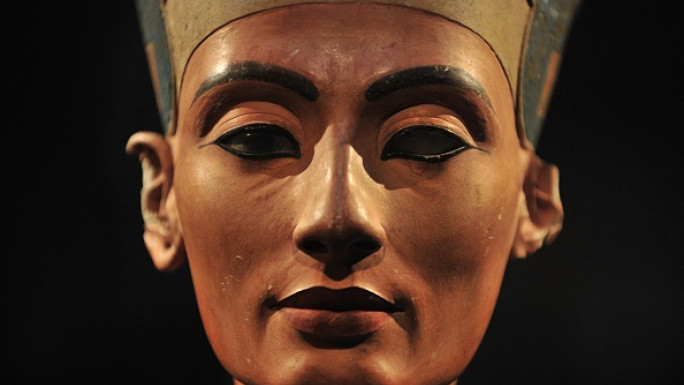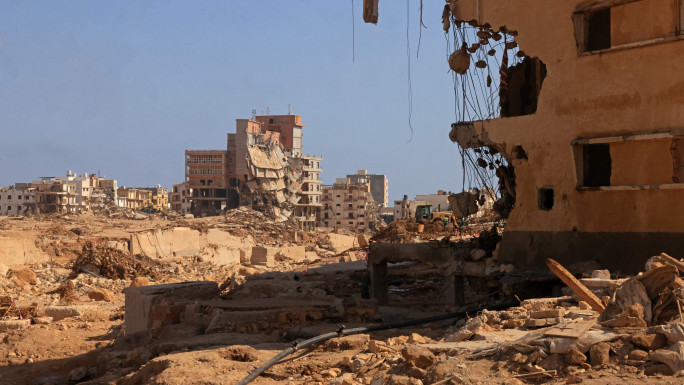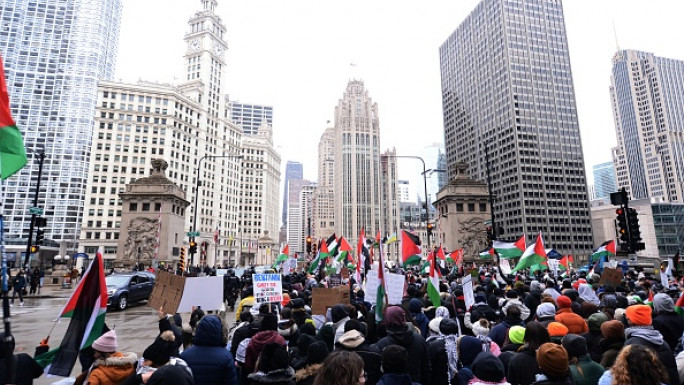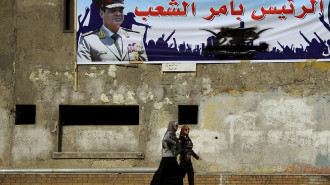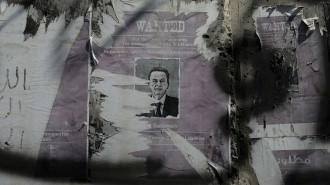
What is the future of Hamas and Gaza under new leader Yahya Sinwar?

Hamas’ decision to name Yahya Sinwar, a long-time military hardliner, as its new political chief will centre the group’s decision-making in embattled Gaza, shore up the group’s ties with its primary backer Iran, and leave the prospects for a desperately needed ceasefire uncertain, political analysts have told The New Arab.
Sinwar’s appointment comes as Israel’s ten-month bombardment of Gaza threatens to spill into an even bloodier regional conflict. Events reached a fever pitch after the Israeli assassination of Sinwar’s predecessor Ismail Haniyeh in Tehran on 31 July. Iran has threatened to “avenge” Haniyeh’s death.
Haniyeh had served as the diplomatic face of Hamas and was a central figure in ongoing ceasefire talks. His abrupt assassination could scuttle already bleak prospects for a halt to the bloodshed in Gaza. The elevation of Sinwar, a key figure in Gaza’s military operations, is seen as a defiant signal that the militant group will carry on its fight.
Israel accuses Sinwar of being the mastermind behind 7 October, a Hamas-led ambush that left roughly 1,200 Israelis and foreigners killed and more than 250 taken into Gaza and held as hostages.
Israel’s military response has since killed nearly 40,000 Palestinians, reduced the enclave to rubble, and left its refugee population of roughly 2.3 million without clean water, food, or medicine. Israel faces accusations of genocide at the International Court of Justice (ICJ).
Sinwar’s appointment unifies Hamas’ political and military operations, placing the group’s decision-making squarely inside the war-torn Gaza Strip. Former political chief Haniyeh had been based in Doha since 2019. Hamas moved its political office to Qatar from Syria in 2012.
Political analyst Ahmed Shadeed said Sinwar’s appointment “carries significant moral weight” as it unifies the group’s military and political wings. Sinwar is considered part of the founding generation of Hamas, a militant group established in 1987 during the First Intifada, or civil uprising against Israel.
Sinwar was born in a refugee camp in Khan Younis, a city in southern Gaza that’s been nearly erased by the past ten months of relentless Israeli strikes. His parents were made refugees from what is now Ashkelon in Israel during the 1948 Nakba, when 750,000 Palestinians were forcibly expelled or fled from their homes during the establishment of the Israeli state.
Some 80 percent of Gaza’s population are refugees from past rounds of war and forced displacement.
|
|
Sinwar is also one of Israel’s most wanted men. He spent over two decades in Israeli prison and is considered a key architect of Hamas’ organisational infrastructure, helping to set up the Al-Qassam Brigades, Hamas’ armed wing.
After Hamas took political control of Gaza in 2007 following fighting with the Fatah-led Palestinian Authority (PA), Sinwar founded the al-Majd security apparatus, a counterintelligence agency that targets and kills Palestinians who collaborate with Israel.
In 2017 the US listed Sinwar as a “Specially Designated Global Terrorist” for planning attacks against Israel, the same year he was elected Hamas’ chief in Gaza.
Sinwar’s on-the-ground presence with fighters in Gaza lends him an air of unassailable credibility, analysts say. Israel has on multiple occasions vowed to hunt him down, but so far he’s managed to evade capture. Leading diplomatic efforts from a land under siege, however, is no easy task, pointed out Sari Orabi, a Palestinian writer and political analyst.
“This will hinder Sinwar’s mobility as he represents the movement both internally and externally,” he told TNA.
Of all the questions surrounding Sinwar’s appointment, one of the most pressing is what it could mean for ceasefire talks. Analysts told TNA that they do not think Sinwar’s new role will negatively affect the negotiations.
But like most Palestinians, they said that Israel is the one that ultimately holds the cards, and it appears unwilling to make a deal. “The negotiations are currently in the hands of Benjamin Netanyahu, and he’s trying to stop them from succeeding,” said Shadeed.
On Tuesday US President Joe Biden spoke with President Abdel Fattah el-Sisi of Egypt and Amir Sheikh Tamim Bin Hammad Al-Thani of Qatar and “agreed on the urgency of bringing the process to closure as soon as possible,” according to a White House statement.
Hamas has said it supports a ceasefire, whereas Israel has said there will be no end to the war until Hamas is defeated. The two sides have regularly exchanged blame over the impasse.
Orabi said that Sinwar’s appointment would strengthen the group’s ties with Iran, Hezbollah, and Yemen’s Houthi movement, a coalition often referred to as the ‘axis of resistance’.
“Sinwar has been one of the figures most supportive of enhancing relations with the axis,” said Orabi. That could explain why Sinwar was the group’s unanimous choice to succeed Haniyeh.
“What enables Hamas to have a strong presence in the world is the military support they receive from Iran, and the backing they get from Hezbollah,” said Shadeed.
For other analysts, like Israeli affairs researcher Khaldoun Barghouti, it's simply too early to predict how Sinwar’s new leadership role will affect military operations on the ground or the broader political direction that Hamas will take.
All eyes will be on what Sinwar, a shadowy figure who rarely speaks publicly, actually comes out and says, said Barghouti.
On the ground in the West Bank, meanwhile, Palestinians greeted the news of Sinwar’s appointment with something of a shrug. “Let it thunder and lightning,” said West Bank resident Farah Al-Abed while puffing on a cigarette.
“No one is moving to do anything. No one cares what’s going to happen to us.”
This piece is published in collaboration with Egab.

